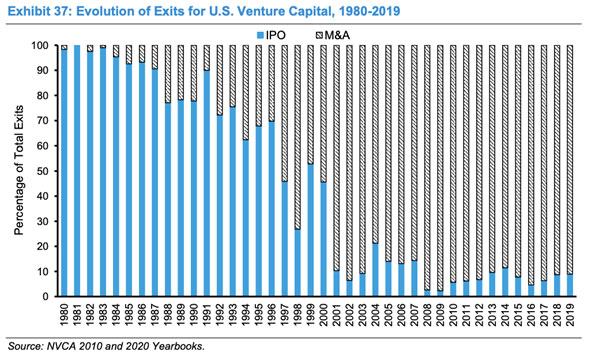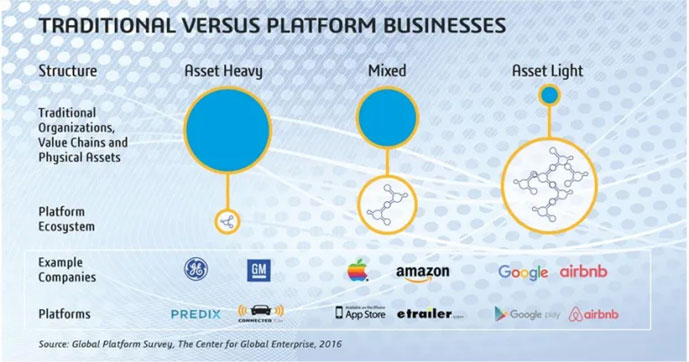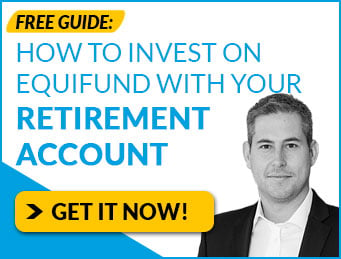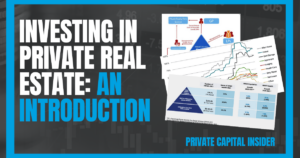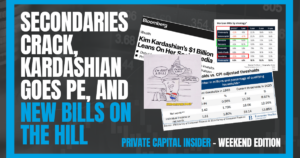If you watched our recent “Intro to Pre-IPO Investing” investor education webinar, you already know the biggest potential gains come from companies that make it to the public markets (and typically holding those positions for a while after they IPO).
But statistically speaking, if you’re investing in early stage companies, most of those plays will exit via mergers and acquisitions.
In the late 1990s through 2000, both IPOs and a sale of the business were popular. But since 2000, IPOs have declined substantially, and a sale, either to a strategic buyer or a buyout fund, has become the preferred vehicle for exit
And even though we’re seeing record breaking IPO activity this year, there’s no shortage of “dry powder” looking for companies to buy outright.
As early-stage investors, we want to know who those potential acquirers are, what plans management has to develop those relationships, and how/if we can help them accelerate their progress.
For this reason, we’re going to talk about a common situation in private markets…
Raising Capital from Strategic Investors
Whenever we’re working with companies raising money (called “Issuers”), one of our main objectives is to help them put together a multi-year plan for raising capital.
We call this the Capital Markets Slingshot: an iterative approach to fundraising that minimizes dilution for early shareholders and maximizes potential gains.
Please keep in mind, investing in early-stage companies involves a high degree of risk, including the potential loss of some, or all, of the principal invested.
But the goal of this capital raising strategy is simple: Don’t raise capital when you need it. Do it when you can get the best price!
To do this properly, it means having a holistic understanding of what assets the business needs to grow… if it makes more sense to buy, rent, or build those assets… and how to finance them at the right time for the right price.
To some degree, this will be decided by the type of business model being built.
A traditional, linear business takes in raw materials/components, creates products or services and sells them to its customers.
For this reason, a linear business owns its own inventory and is often considered “asset heavy.”
In contrast, a platform business facilitates value exchanges between two or more interdependent groups, usually consumers and providers.
This usually means the company does not create or own inventory and is considered “asset light.”
For example, Hertz Rent-A-Car owns a fleet of vehicles (asset heavy) whereas Uber does not.
Neither model is necessarily “better” than the other. Each has their own advantages and disadvantages.
However, the most obvious disadvantage of an “asset heavy” business is the upfront capital requirements.
This is especially true if the company is developing new pharmaceuticals or medical devices!
There’s already enough risk in successfully bringing a new drug or device to market…
And raising early-stage capital to finance a massive supply chain build out could be highly dilutive (i.e. expensive) for early shareholders.
However, the company still needs to raise capital to fund research and development… and to do that, they still need access to a clinical infrastructure and supply chain.
For this reason, it can make a whole lot of sense for innovative early-stage companies to partner with established late-stage companies.
The larger company already has all the infrastructure and distribution to produce and sell inventory, but needs new products to sell…
The smaller company has new products to sell but needs access to infrastructure to start scaling.
But unless the larger company is willing to rent out their infrastructure – like Amazon’s AWS – the smaller company is still stuck with the same problem.
The solution? A strategic investment from the larger company into the smaller one.
The smaller company receives a fresh injection of capital, access to infrastructure, and possibly ongoing advisory services.
The larger company – who is likely looking to fuel growth via mergers and acquisitions – gets to have a “try before you buy” opportunity.
For example, in January 2018, US orthologics company BioVentus made a $2.5 million investment in Israeli medical device company CartiHeal for the development of an ongoing clinical study it’s cartilage treatment implant called “Agili-C”
At the time, BioVentus’s contribution brought the financing round to $21 million, with help from Johnson & Johnson Innovation, Peregrine Ventures, and Elron.
Then, in July, 2020, BioVentus invested an additional $15 million at a $180 million pre-money valuation.
As part of the deal, BioVentus negotiated a call option to fully purchase CartiHeal if Agili-C wins FDA approval.
On August 30th, 2021, BioVentus exercised its option and made a $50 million escrow payment to CartiHeal – signaling its intent to move forward with the acquisition.
Why should you care about any of this?
Right now, one of our issuers on the Equifund Crowd Funding Portal – Kleiner Device Labs (KDL) – is currently in a similar situation.
Currently, the company has enough funding to stock inventory for their upcoming Alpha Launch in Q1, as well as additional inventory for potential follow on sales.
However, in order to do a larger rollout, it’s likely they would benefit from a strategic investor.
According to KDL management…
Now that our KG2 has received FDA 510(k) Clearance, we’re now beginning to engage potential strategic partners to help us scale operations.
On average, we’re having 2 meetings/presentations per week with potential candidates, including follow up meetings.
Our intention is to have multiple companies interested in working with us so we can get the best deal with the best partner.
To be clear: there is no guarantee KDL will secure a strategic investment, get acquired, or otherwise generate a positive return.
Any investment should be considered high risk and speculative in nature.
However, these are the types of activities that can serve as “leading indicators” that may help build confidence in management’s ability to create shareholder value.
Sincerely,
Jake Hoffberg – Publisher
Equifund


